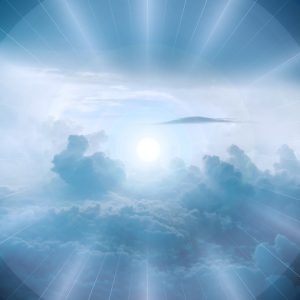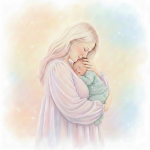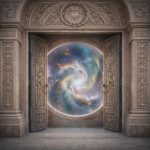BOOK REVIEW – Lost Connections, What If Depression Is a Signal, Not a Disease?

Have you ever wondered why depression feels the way it does—not just sadness, but a kind of emptiness, disconnection, or loss of meaning?
I recently read a fascinating book, Lost Connections by Johann Hari, that reframed the whole conversation around depression and anxiety. I couldn’t put it down. It made me think deeply about the clients I serve, the world we live in—and honestly, my own life. We’ve long been told that depression is a chemical imbalance in the brain, something that medication alone can fix. That message is everywhere: in ads, in doctors’ offices, even in casual conversations. But what if that story is incomplete?
Hari, a journalist who struggled with depression for years, dug deep. He interviewed hundreds of experts and everyday people. What he discovered is both surprising and, I think, profoundly healing. His core message? Depression is not always a malfunction of the brain. Often, it’s a signal—a way that your mind and body are telling you something vital is missing from your life.
Nine Kinds of Disconnection
Hari identifies nine key areas where many of us have become disconnected in modern life—and these lost connections fuel depression and anxiety. These include:
- Disconnection from meaningful work
- Disconnection from other people and community
- Disconnection from meaningful values
- Disconnection from nature
- Disconnection from a sense of hope for the future
- And others, including the lingering impact of trauma
Of course, biology still matters. Genes and brain chemistry do play a role. And for some people, medications can be helpful. But Hari shows that these are just part of the picture—not the whole story.
Is It Really All About Serotonin?
One of the most eye-opening parts of the book is how Hari explains the “serotonin myth.” Many of us were taught that low serotonin levels cause depression. But modern research suggests it’s far more complicated—and that for many people, antidepressants may work mostly through the placebo effect. This doesn’t mean we should throw away medication. It means we should broaden our lens and pay attention to the life circumstances that contribute to emotional suffering.
Depression as Grief
Hari’s insights on grief resonated deeply with me as a therapist and as a Jew. He describes depression as a kind of grief—not just for personal losses, but for all the connections we as human beings are wired to need. In Jewish tradition, grief is honored through structured rituals like shiva (7 iniital days of mourning) and on the 30th day, a shloshim commemoration. It’s not pathologized; it’s recognized as a sacred and necessary process. Hari suggests we should treat much of depression the same way—not as an illness to be suppressed, but as a wise signal to be understood and honored.
Why This Matters Now
We live in a world that often undermines human connection. Many people feel isolated, pressured to constantly perform, and disconnected from their deepest values. Even our relationship with work is often one of stress and meaninglessness. When I see clients struggling, I often ask: where are the connections in your life strong, and where are they frayed? Because healing begins with rebuilding what was lost—relationships, purpose, joy, hope. We need people in our lives,
A More Compassionate Path
Hari’s book is not a rejection of modern medicine or therapy. It’s a call to expand how we think about depression—and how we respond to it. If you or someone you love is struggling, remember this: depression may not mean you are broken. It may mean you are deeply human, responding in the only way the soul knows how when vital needs aren’t being met. The path to healing lies not just in pills, but in people. Not just in symptom relief, but in reconnection—with yourself, with others, with purpose, and with life itself.
Reading Lost Connections reminded me once again how deeply human our emotional experiences are — and how much we need one another. If this reflection speaks to you, may it offer a bit of validation, comfort, or even curiosity about what connections in your life may be ready to be strengthened or reclaimed. Think about reaching out to someone in your life. Connect with a member of your tribe. We are wired for connection. Sometimes, remembering that simple truth is the first step toward healing. Connection from the Torah’s perspective is critical, as if our existence depends on it. In the four strata of creation, mineral, vegetable animal and human, in the Torah it calls it “domem – the silent, tzome’ach – growing, chai – vital and living, and m’dabeir – the speaker! This is our name in creation since we need each other for connection and relationships.
For a more extensive version of this article, please join my Substack column BY CLICKING HERE
We love hearing from you, please feel free to leave your comments below.
With Gratitude,
Rus Devorah


